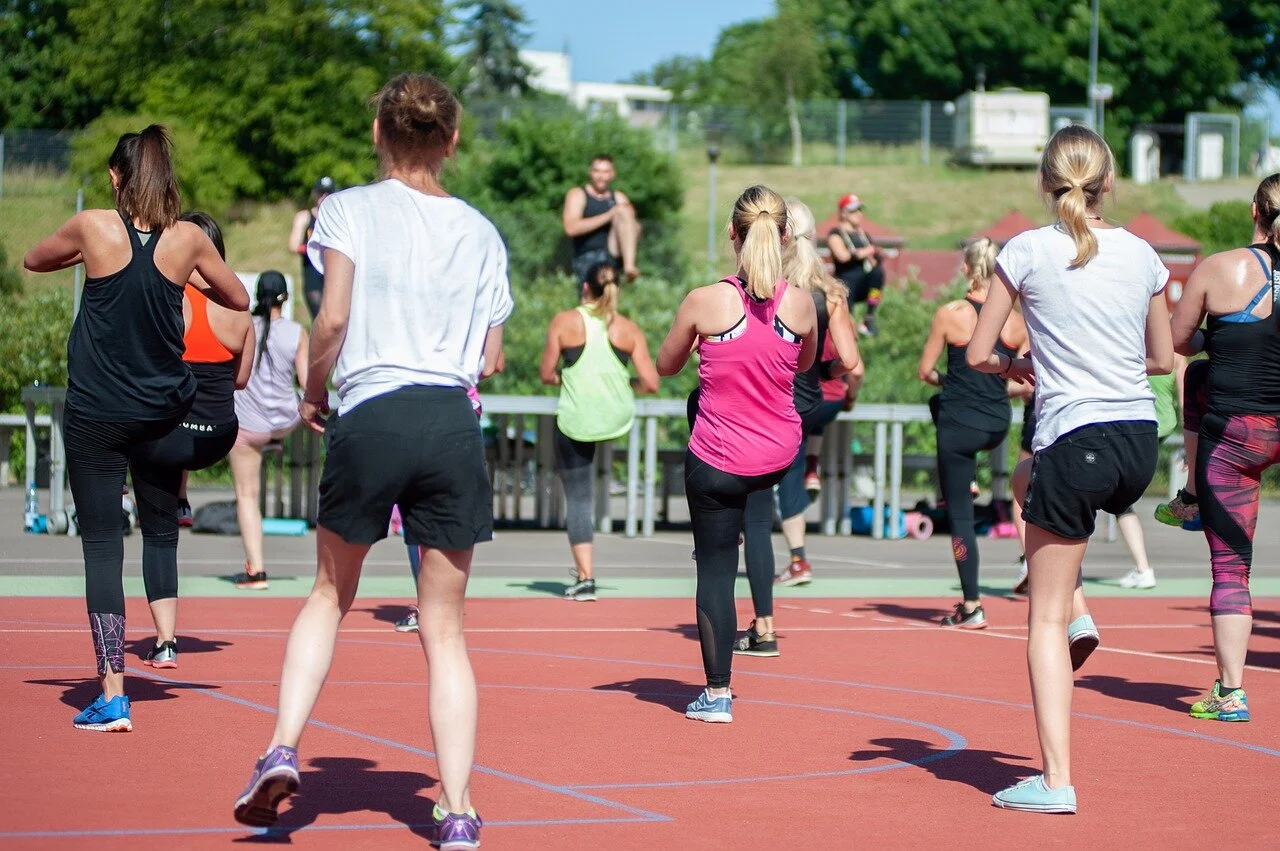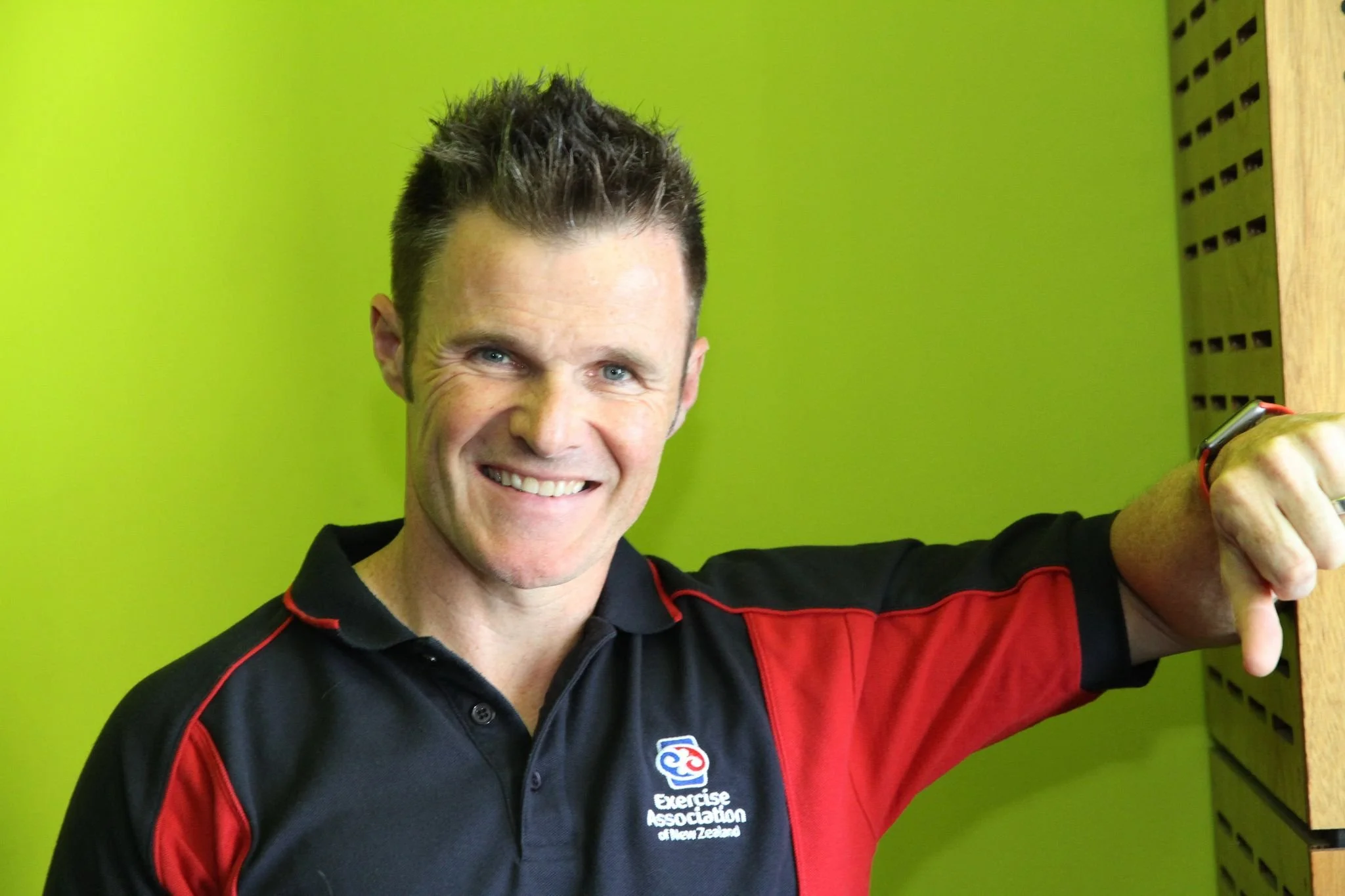Children aren’t active enough in winter
Ōtautahi - Children should be given more support to enable them to be more active during winter, University of Cambridge researchers say.
Their call comes in response to their findings that children are less active and spend more time sitting in autumn and winter compared to other times of the year.
Public health guidelines state that children should accumulate at least an hour per day of
moderate to vigorous intensity physical activity, which might include brisk walking or running, active participation in sports or exercising.
At the same time, children should minimise the amount of time they spend sitting, mostly on their digital devices, for extended periods.
New Zealand’s leading exercise expert Richard Beddie says Aotearoa has a youth obesity epidemic crisis, being the 13th worst in the world and the worst for children with only 10 percent meeting World Health Organisation guidelines.
Beddie, chief executive of ExerciseNZ, says the country needs to wake up to the fact that 90 percent of Kiwi children do not meet the World Health Organisation activity deadlines.
Beddie says immediate and serious government action needs to be taken to help Kiwi kids be fitter.
“As a country we must change the environment in which children and adults are falling into the obesity and lack of exercise trap.”
“That’s squarely the role of government which has to make tough decisions. ExerciseNZ is keen to talk to the prime minister Jacinda Ardern about young Kiwis´ lack of activity.
“To put it into perspective: the annual road toll in New Zealand is around 300 deaths a year. Lack of physical activity accounts for 12.7 percent of all deaths annually. In 2015, that was just under 4000 individuals, more than 10 times the road toll.
Meanwhile the Cambridge researchers have looked at levels of physical activity in more than 700 seven year old children across a calendar year using accelerometers.
Using the data, they also modelled the relationship between levels of activity and variables such as gender, weight and family income. The results of their study are published in the journal Medicine & Science in Exercise & Sport.
The researchers found that physical activity was lower in autumn and winter compared to spring; average activity levels across the group peaked in April at 65.3 mina day and reached their lowest levels in winter’s February at 47.8 min a day.
Physical activity was at its lowest at weekends during winter. Children were at their most active during early summer, particularly at weekends.
For further information contact Make Lemonade NZ editor-in-chief Kip Brook on 0275 030188















Lisa was born in Auckland at the start of the 1970s, living in a small campsite community on the North Shore called Browns Bay. She spent a significant part of her life with her grandparents, often hanging out at the beaches. Lisa has many happy memories from those days at Browns Bay beach, where fish were plentiful on the point and the ocean was rich in seaweed. She played in the water for hours, going home totally “sun-kissed.” “An adorable time to grow up,” Lisa tells me.
Lisa enjoyed many sports; she was a keen tennis player and netballer, playing in the top teams for her age right up until the family moved to Wellington. Lisa was fifteen years old, which unfortunately marked the end of her sporting career. Local teams were well established in Wellington, and her attention was drawn elsewhere.